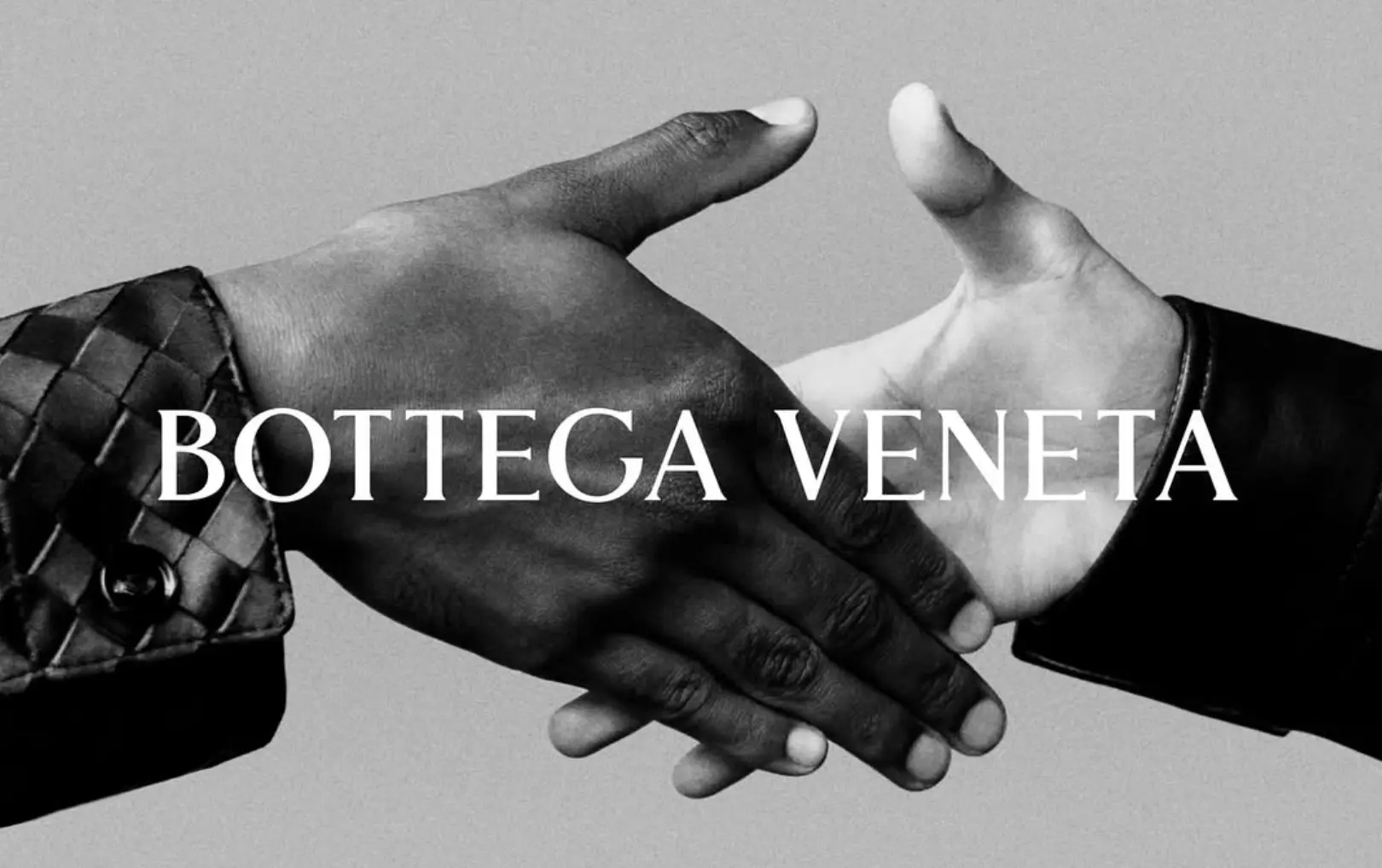Top 10 Artists with the Most Grammy Wins in History: Crafting Greatness With Music
Updated on
Published on

Once upon a time, this was predigital music and presocial media. If people wanted to witness legendary performances, they had to show up in person, crane their necks behind velvet ropes, or wait patiently for scheduled television broadcasts. There were no viral clips to replay at will, no endless feeds of hot takes from every corner of the internet. Yet even in those earlier eras, and certainly now, one truth endures: the Grammys—flawed, debated, dissected—still exist as a benchmark, a yardstick of sorts, that measures musical accomplishment, longevity, and the ability to move listeners across generations.
What happens when the Grammys, long considered one of the industry’s loftier accolades, stack up year after year at the feet of certain artists? When some gather these small golden gramophones in numbers so high they begin to resemble a personal archive of sound’s finest hours? The following names haven’t just won a few awards here and there; they’ve accumulated libraries of trophies, each one reflecting not just a moment in time, but a pattern of sustained excellence and influence. Sure, the Grammys may prompt endless debates—about who’s overlooked, who’s over-rewarded—but glancing at this list, it’s pretty obvious these artists have shaped the soundscape in ways that refuse to fade.
1. Beyoncé – 32 Grammys
In a move that once seemed unimaginable, Beyoncé sailed past an old guard record and claimed the top spot. Yes, 32 Grammys. This wasn’t just about one album or a singular musical trend; it represented a steady climb through a landscape that’s changed dramatically since her earliest hits. Think about it: from her Destiny’s Child roots to solo ventures that redefined how albums are released and consumed, Beyoncé hasn’t just kept up with the times—she’s led them.
- Each trophy signals a moment the industry nodded in agreement.
- Her tally insists that pop, R&B, and even experimental hybrids like country and soul can form a narrative of influence and innovation.
2. Georg Solti – 31 Grammys
Before streaming made global catalogs accessible at a tap, before social chatter turned every awards show into an endless commentary thread, there was Georg Solti. The Hungarian-British conductor’s 31 Grammys speak to an era when classical recordings were judged on their interpretive brilliance alone. People huddled around record players, reading liner notes and absorbing symphonies in quiet admiration.
- His work whispered of old-world mastery transcending languages.
- Those gleaming statues remain a reminder that long before the hype cycles of pop, classical grandeur reigned supreme.
3. Quincy Jones – 28 Grammys
Try imagining popular music without Quincy Jones’s fingerprints all over it. This producer, arranger, and composer shaped landmark albums, guided legends through career-defining moments, and navigated multiple genres with uncanny ease. With 28 Grammys, his collection weaves together jazz intricacy, pop appeal, and a certain cinematic flair.
- His wins suggest that bending genres and bridging gaps isn’t just possible; it’s timeless.
- Every statue quietly confirms his role in linking old-school sophistication to modern chart dominance.
4. Chick Corea – 27 Grammys
Jazz fusion’s daring architect, Chick Corea, left a legacy that continues to ripple through countless jam sessions and improvisational explorations. His 27 Grammys reflect a career unafraid of complexity. While pop hits often anchor themselves in immediate catchiness, Corea’s path was about building labyrinths of sound.
- His many awards serve as a nod to listeners who appreciate challenge and nuance.
- Each golden gramophone stands for another journey into bold territory where complexity never scared the truly curious.
5. Alison Krauss – 27 Grammys
In a genre not always front and center in mass culture, Alison Krauss managed to gather 27 Grammys through bluegrass, country, and collaborations that taught casual listeners the power of a gentle voice and a deft fiddle. She didn’t need flashy theatrics; subtlety and precision did the talking.
- Her award count suggests that quiet confidence can resonate as loudly as any chart-topping anthem.
- It’s proof that sometimes genuine artistry isn’t shouted from the rooftops; it’s whispered and still heard.
6. Stevie Wonder – 25 Grammys
Stevie Wonder’s name might conjure images of boundary-breaking R&B, soul, and pop that never seemed to age. Those 25 Grammys? They aren’t just souvenirs; they’re a record of moments when a blind child prodigy grew into a visionary who blurred lines between genres and social commentary.
- His trophies acknowledge a voice that carried meaning and melody through tumultuous times.
- They confirm that heartfelt songwriting and universal messages don’t fade; they settle into collective memory.
7. Jay-Z – 24 Grammys
Hip-hop’s ascent to global dominance has many authors, but Jay-Z’s inclusion on this list with 24 Grammys says something about the genre’s embrace by the establishment. Once considered an outsider’s form, rap now receives institutional recognition. Jay-Z’s catalog spans street narratives, entrepreneurial flair, and grown-up reflections.
- His awards mark a shift: the Grammys no longer ignore entire genres.
- The count, substantial and still growing, underlines that hip-hop can stand shoulder to shoulder with any classical or pop great.
8. Kanye West – 24 Grammys
Kanye West’s place here, tied with Jay-Z, is another testament to hip-hop’s sustained presence. West brought soul samples, bold production, and personal vulnerability to the forefront. The Grammys followed suit, handing him trophies that acknowledged not just hits, but entire shifts in musical direction.
- Each award signals that reinvention and risk-taking can earn nods from even the most traditional gatekeepers.
- His tally, complicated like his career, tells a story of artistic evolution and restless creativity.
9. U2 – 22 Grammys
Before streaming playlists turned rock into just another category, bands like U2 commanded stadiums and the cultural conversation. With 22 Grammys, these Irish rockers proved that earnest lyrics, soaring choruses, and global philanthropy could find a home on the Grammys stage, year after year.
- Their wins serve as reminders that rock’s arena-filling days left behind some durable anthems.
- The statues confirm that sincerity and big melodies never entirely go out of fashion.
10. Taylor Swift – 14 Grammys
By the time Taylor Swift started stacking Grammys, pop had splintered into countless directions. Still, she bent the medium to her will—country origins giving way to pop pivot, then folk experiments, and even a dash of alt-rock influences. Her 14 Grammys aren’t merely decorative; they chart the course of a young songwriter growing up in public view, shifting her sound and image as fluidly as cultural expectations mutated around her.
- Each award underscores a narrative that refuses to settle into one genre’s confines.
- Her count confirms that reinvention and personal storytelling can yield industry respect.
The Meaning Behind the Numbers
Yes, the Grammys are often met with skepticism. Yes, every music fan can recall moments when the academy’s choices felt baffling. Yet this top 10 list points to something more nuanced. It’s a timeline of musical evolution: from Solti’s orchestral grandeur to Beyoncé’s culturally resonant stagecraft, from Krauss’s quiet authenticity to the bold experimentation of Corea and West. These trophies, sometimes dismissed as mere industry baubles, form a historical thread that connects classical to hip-hop, country to stadium rock, and R&B to genre-blending pop.
They tell the story of artists who didn’t just have one lucky season; they had decades of work that rose to the top again and again. Amid a landscape so often defined by sudden fades and short-lived fads, these Grammy totals speak of longevity, reinvention, and sheer staying power.
Maybe the Grammys aren’t perfect—far from it. But glancing at this list, it’s clear the award can still highlight those who continuously reimagine what music can do, who shape cultural conversations, and who leave behind bodies of work that refuse to fade into obscurity. Each award, after all, wasn’t merely handed out; it was earned by carving a space in the collective consciousness, ensuring that this sound, this voice, this vision, would echo long after the applause ended.







